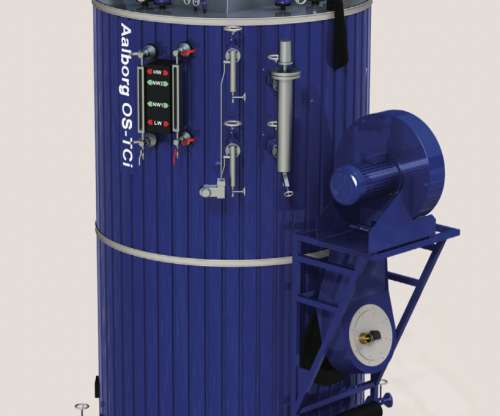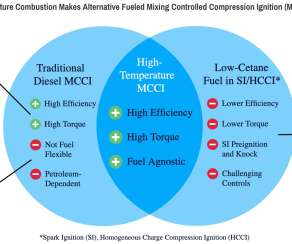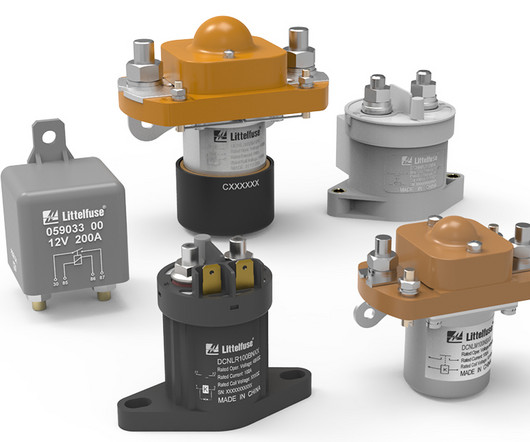ABS grants Alfa Laval the marine industry’s first approval in principle (AIP) for firing boilers with methanol
Green Car Congress
DECEMBER 13, 2021
Maritime classification society the American Bureau of Shipping (ABS) has granted Alfa Laval the first marine approval for operating boilers on methanol. Alfa Laval offers a range of oil-fired and oil and exhaust gas-fired boilers for ships. In the future, methanol operations will need to extend to boilers.





























Let's personalize your content